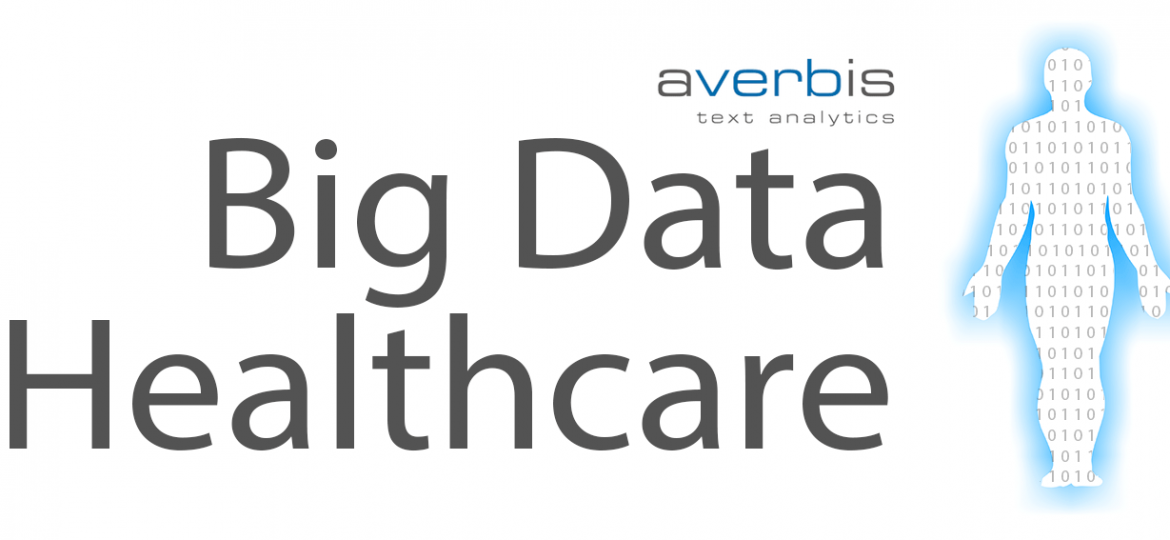
Big Data in Healthcare
Healthcare systems worldwide are currently going through major transformations brought on by increasing regulation, record public debt, and shrinking budgets. Traditionally separate and fragmented sectors of the industry such as healthcare providers, payers and drug companies are now looking at ways to work together and coordinate efforts to improve patient safety and healthcare quality while reducing costs.
In these times of reduced income from payers and a decline in R&D productivity, manufacturers seek to develop drugs that combine cost effectiveness and targeting with a high value. The concept of personalized medicine offers the chance of improved healthcare, better patient outcomes, and less harm. Clinical data perform an important function in this scenario, whether through being able to identify who is likely to respond well to a given treatment, or by speeding up and improving drug submissions to regulatory authorities.
Personalized medicine, however, has created various “big data” challenges for medical trials, including how to collect, manage and examine effectively the increasing amount and velocity of patient data involved. There has been an enormous upsurge in documented patient data noted by the life sciences industry in the last 10 years. This has been propelled by impressive changes that include advances in genome sequencing technologies; the adoption of Electronic Health Records (EHRs) by different healthcare systems; the sharing of clinical-trial data; and the explosion in data from patient registries, social media networks, and medical and non-medical devices (e.g. smartphones and fitness monitors). These changes have given rise to a profusion of data from diverse sources such as: genomic, clinical trials, EHRs, and research studies.
The adoption of advanced analytical tools is more necessary than ever to develop insights from these data. Manufacturers are thus placing themselves to create more targeted therapies and to revolutionize the way that biopharmaceutical drugs are discovered, developed, and marketed. Identifying and recruiting suitable patients and finding trial sites are the main causes of trial delays, where there is no access to clinical data. Delayed trials waste precious resources and curtail access to new drugs.
Half of clinical trials today fail to obtain the target sample size needed for the study; just 18% of Europe based studies and 7% of US based studies complete enrolment on time. A single day of delay for a drug reaching the market can cost pharmaceutical companies up to 8 million US dollars.
Averbis’ mission is to facilitate collaboration between pharmaceutical and medtech companies and healthcare providers by building tools and services giving real-time access to large patient populations. We reduce inefficiency and unnecessary expenses in clinical studies enabling pharmaceutical companies to get new therapeutics on the market faster. We improve clinical research leveraging the patient’s data, providing tools and services for semantic harmonization and better quality data. The network enables collaboration with other member providers, advancing translational research efforts. We allow hospitals to fund their research via pharmaceutical company sponsorships and increase their participation in industry-sponsored, clinical studies and enhance grant competitiveness. We help preventing unnecessary amendments to clinical studies and aid in identifying clinical trial sites that provide access to a sufficient number of patients meeting the inclusion and exclusion criteria. By this, pharmaceutical companies get new therapeutics on the market faster by reducing the inefficiencies of clinical studies and eliminating unsuccessful candidates early on in the clinical trial process.

